FDR Figures
1/25
There's no tags or description
Looks like no tags are added yet.
Name | Mastery | Learn | Test | Matching | Spaced | Call with Kai |
|---|
No analytics yet
Send a link to your students to track their progress
26 Terms
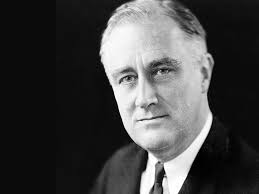
Franklin Delano Roosevelt
Pragmatic Politician
Former Governor of New York
Roosevelt’s campaign featured an attack on Hoover’s spending
Used his “Brains Trust” to collaborate in the creation of his speeches
Appeal to the “Forgotten Man” (Raymond Moley)
Focused on the three R’s (Relief, Recovery, Reform)
Hosted “fireside chats” over the radio to soothe the American people
Passed many acts during the Hundred Days including the Emergency Banking Relief Act
“New Deal” involved lots of Alphabet Soup agencies
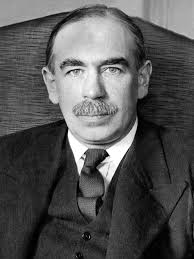
John Maynard Keynes
FDR adopted Keynesian economics as a framework for the New Deal
Advocated for government intervention and deficit spending
Keynesian pump priming pumps money into the economy to stop deflation
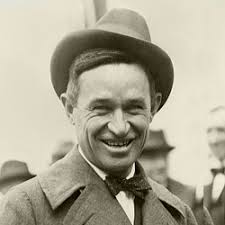
Will Rogers
America's Cowboy Philosopher.
The #1 radio personality, #1 at the movie box office, the nations #1 most sought after public speaker, the #1 most read newspaper columnist
“Poet lariat” of the era who said that if Roosevelt burned down the Capitol, people would say, “Well, we at least got a fire started, anyhow”
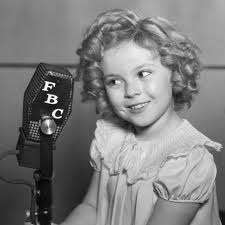
Shirley Temple
Shirley Temple rose to stardom as a child actress, becoming a beloved figure in the 1930s and early 1940s
Starred in over 40 films, including notable successes like "Little Colonel," "Bright Eyes," and "Wee Willie Winkie,"
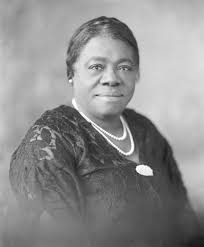
Mary McLeod Bethune
Educator, civil rights activist, and advisor to FDR
Directed the National Youth Administration's (NYA) Office of Minority Affairs
A pivotal figure in the "Black Cabinet" and played a significant role in advancing civil rights and equality for African Americans
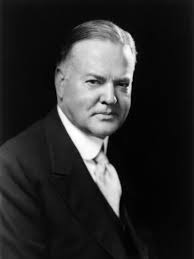
Herbert Hoover
Nominated for the 1932 election without much enthusiasm
Claimed that “Prosperity is just around the corner”
Defeated 472 to 59
Tried to initiate some of Roosevelt’s plans during the lame-duck period but was met by stubbornness and resistance
Believed that "We have maintained the financial integrity of our government... We have steadily gained in stability... Confidence and courage are returning."
Ordered use of force against the Bonus Army
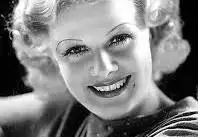
Jean Harlow
-original “blonde bombshell” of the 1930’s
-known for her “bad girl” roles in cinema
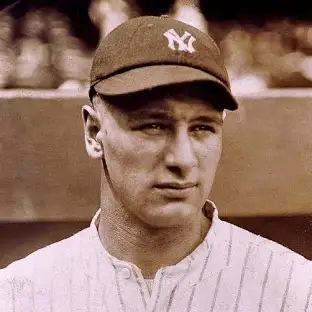
Lou Gehrig
-Known for his durability in baseball giving him the name “The Iron Horse”
-First base player for the New York Yankees in the MLB
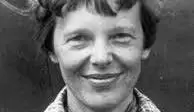
Amelia Earhart
-American Aviation pioneer
-first women to fly solo across the atlantic ocean in 1932
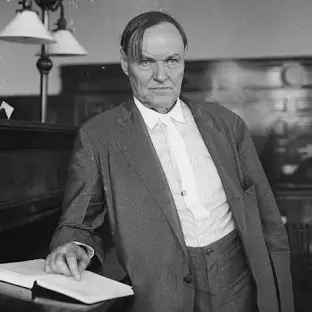
Clarence Darrow
-american lawyer
-known for his high profile rep. Of trade union causes
-involved in the Leopold and Loeb murder trial, the Scopes "monkey" trial, and the Ossian Sweet defense
Appointed chair of the National Recovery Review Board in 1934
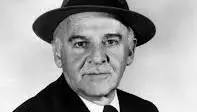
Walter Winchell
-newspaper gossip columnist and radio news commentator
-began newspaper career by being a broadway reporter and critic for NY Tabloids
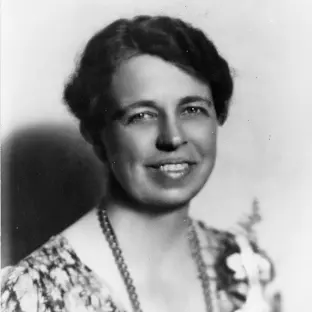
Eleanor Roosevelt
-longest and most active first lady
-wife of president FDR
-served as the first chair of the UN Commission on Human Rights

Frances Perkins
-american workers rights activist
-fourth United States Secretary of Labor from 1933 to 1945, the longest serving in that position
-first women to serve in the presidential cabinet
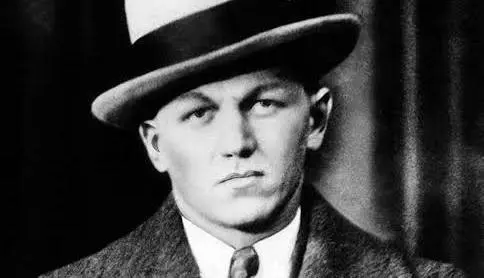
Baby Face Nelson
American bank robber who became a criminal partner of John Dillinger
Known for his vicious killing and youthful looks
Worked for Al Chapone and other bootlegging bosses
Was killed in a wild shoot-out with FBI agents
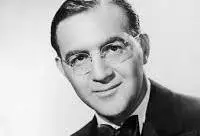
Benny Goodman
American clarinetist and band leader known as the “King of Swing”
He is recognized for his pioneering role in racial integration by hiring both black and white musicians in his band.
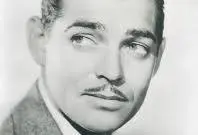
Clark Gable
American actor often referred to the “King of Hollywood”
He appeared in 60 films in a variety of genres within 37 years
He enlisted in the US Army Air Forces and rose through the ranks, eventually becoming a Major
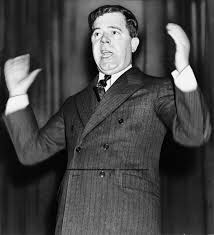
Huey Long
Nicknamed the “KingFish” was an American politician who served as the 40th governor of Louisiana from 1928 to 1932 and as a United States senator from 1932 until his assassination in 1935
Vocal criticism of President Franklin D. Roosevelt and his New Deal
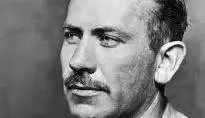
John Steinbeck
Was an American writer. He won the 1962 Nobel Prize in Literature "for his realistic and imaginative writings, combining sympathetic humor and keen social perception". He has been called "a giant of American letters” - The Grapes of Wrath abt Dust Bowl and GD
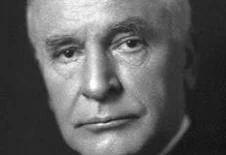
Cordell Hull
Cordell Hull was an American politician from Tennessee and the longest-serving U.S. Secretary of State, holding the position for 11 years in the administration of President Franklin Delano Roosevelt during most of World War II
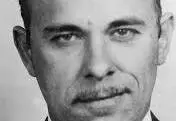
John Dillinger
Was an American gangster during the Great Depression. He commanded the Dillinger Gang, which was accused of robbing twenty-four banks and four police stations. Dillinger was imprisoned several times and escaped twice
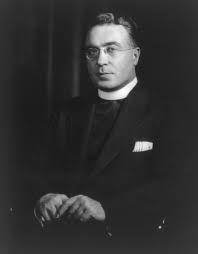
Charles Coughlin
He was a Catholic priest in Michigan who began broadcasting in 1930 and whose slogan was “Social Justice.” This magnetic “microphone messiah” gave anti-New Deal harangues to about 40 million radio fans until he was silenced in 1942 for being so anti-Semetic, fascistic, and demagogic. In 1935, he single-handedly defeated Roosevelt’s effort to win Senate ratification of a treaty providing American membership in the World Court, convincing his radio listeners that it was a conspiracy of international monied interests against American sovereignty.
National Union for Social Justice
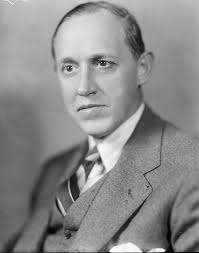
Harry L. Hopkins
directed New Deal relief programs
serving as the eighth United States secretary of commerce from 1938 to 1940
Roosevelt's chief foreign policy advisor and liaison to Allied leaders during World War II
Headed the Federal Emergency Relief Administration (FERA)
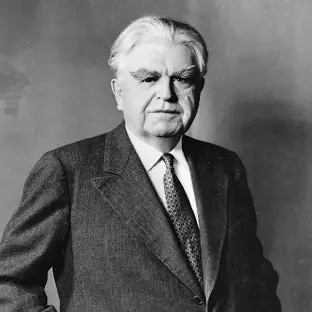
John L. Lewis
led a series of strikes including the sit-down strike at the General Motors automobile factory in 1936
the driving force behind the founding of the Congress of Industrial Organizations (CIO), which established the United Steel Workers of America
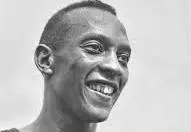
Jesse Owens
best remembered for his performance at the 1936 Berlin Olympics
first American track and field athlete to win four gold medals at a single Olympic Games
key figure in challenging Nazi Germany's ideology of racial superiority, ultimately winning four gold medals
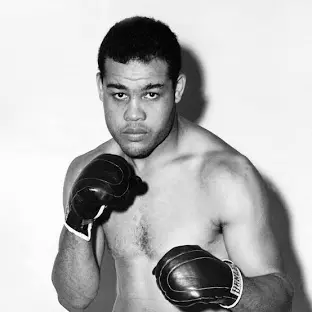
Joe Louis
-His rise from amateur to champion (heavyweight champion), was marked by a series of significant achievements and cultural impact
“Brown Bomber”
he transcended the color barrier and was cheered by Americans of all races

Dorothea Lange
a documentary photographer
used her camera to expose the plight of Americans during the Great Depression and the Dust Bowl
raised awareness and advocated for government assistance
portraits of displaced farmers during the Great Depression greatly influenced later documentary and journalistic photography.